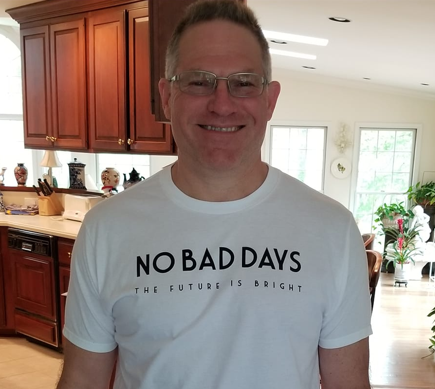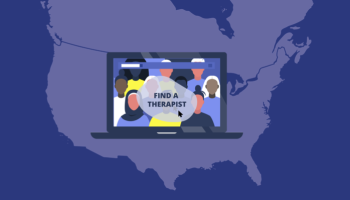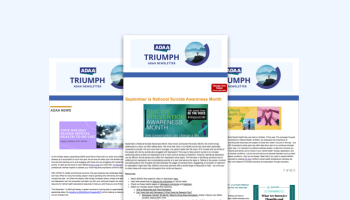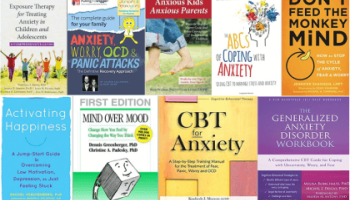Writing as Therapy

I use writing as therapy. As a child, I was content to be a reader and lose myself in books, in the worlds between their pages. Then, as a teenager, I lost my mother to cancer. My world cracked open, and my mind went into shock. Each time I thought about the finality of death, a sharp, unbearable pain I could not name pierced my heart. Adults told me, “Your mother is in heaven now,” as if that should silence my grief or bring me comfort. It didn’t. So I turned to poetry and journaling to deal with my grief. Writing, in its own way, saved my life.
In March 2021, I faced another devastating loss and a near-death experience after my pregnancy was terminated at 27 weeks for medical reasons. It was both a death and a near-death. I thought I would handle it better, having already known grief, but my mind went into shock again and, in trying to shield me from pain, began to unravel.
When I returned home, I couldn’t figure out what to do with my life. I didn’t know how to go back to the life I had before conception or how to adapt to a new life shaped by loss. In trying to prepare me for future trauma, my mind turned against me. So once again, I turned to writing.
I started by writing a letter to someone who would never get to read it. Then I moved to poetry, writing what became my collection the Mind is not an ally, about the tangled landscapes of the human mind. Later came non-fiction essays, because they were short and easier to finish than novels. And finally, in October, I found my way back to fiction.
I come undone every time grief strikes me, but writing helps me gather the pieces again. While I am busy plotting a story and fleshing out characters, time gets the chance to quietly mend my cracks.

When grief overwhelms you and old ways of coping no longer work, try writing. Writing can be therapeutic. You can publish your work or keep it private. You can write your feelings in a journal or record your thoughts as voice memos. You can write a letter to your future self about your current struggles, or to your lost loved one about the things you didn’t get the chance to say. You can write a memoir, Grips of Grief, like I did, or a tribute like Chimamanda Ngozi Adichie’s Notes on Grief.
In the letter I wrote to my daughter, I said:
“I wondered if you would enjoy reading and writing like me. I planned to fill your bookshelves with colourful picture books you would never tire of hearing. I saw us bonding together every night over a book, you in your bed, staring up at me with bright eyes, laughing as I did the voices. I imagined that when you were older and left home to start your own life, we would still bond over books, borrowing each other our favourites. Sometimes I dare to dream that you stayed with us, and that you became a world-renowned writer.”
I’m not promising that writing will heal you completely. Grief has no timeline. It never truly leaves us. I’m simply saying that writing may help you cope with your loss and make the journey a little easier.
I chose to share my story with ADAA because writing became my therapy. I know how isolating anxiety, depression and bereavement can feel, and I hope my experience encourages others to try creative expression, journaling, poetry or storytelling, for healing and self-understanding.
Ayo Deforge is a writer and poet. Discover her most recent collection of poetry, the Mind is not an ally.
- Share Your Story and Voice and Help #breakthestigma Around Mental Health
- Support ADAA's Mission - Every Gift Makes an Impact
- Join an ADAA Online Peer to Peer Support Community
- ADAA Find Your Therapist




















